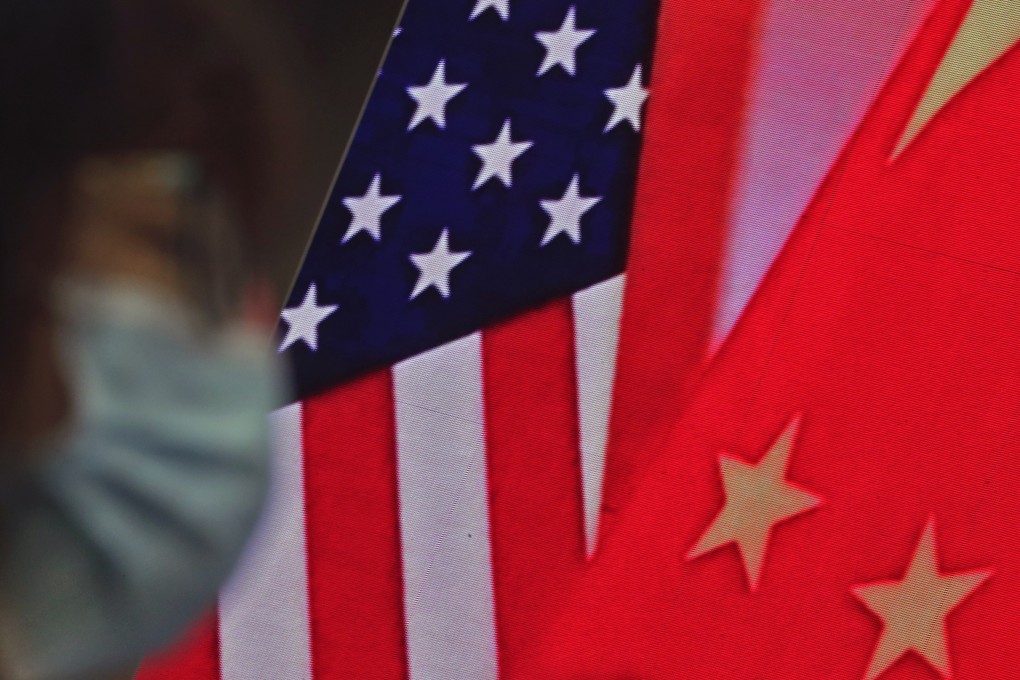Exclusive | China’s move to impose anti-sanctions law in Hong Kong will not be immediate as local legislation still needed: sources
- Anti-sanctions law still requires local legislation to adapt it to suit city’s needs, sources say
- Local legislative process will allow government some time and leeway to assess impact, or pros and cons of implementation of law, insider says

Sources familiar with the matter gave this undertaking even as several business leaders and analysts called for caution, urging authorities to ensure the application of the law would not threaten the interests of Hong Kong-based multinational technology conglomerates, along with the city’s reputation as a global commercial hub.
Another source said the local legislative process would allow the Hong Kong government some time and leeway to assess the impact, or the pros and cons of the implementation of the law.
“The government will also need time to explain to foreign investors and other stakeholders,” the source added.
Pro-Beijing figures in Hong Kong, however, argued there might not be a need for local legislation, warning that such procedures could potentially take too long and be unproductive as the city had no say on China’s foreign and defence matters.

02:23
China passes anti-sanctions law to counter punitive action by foreign countries
